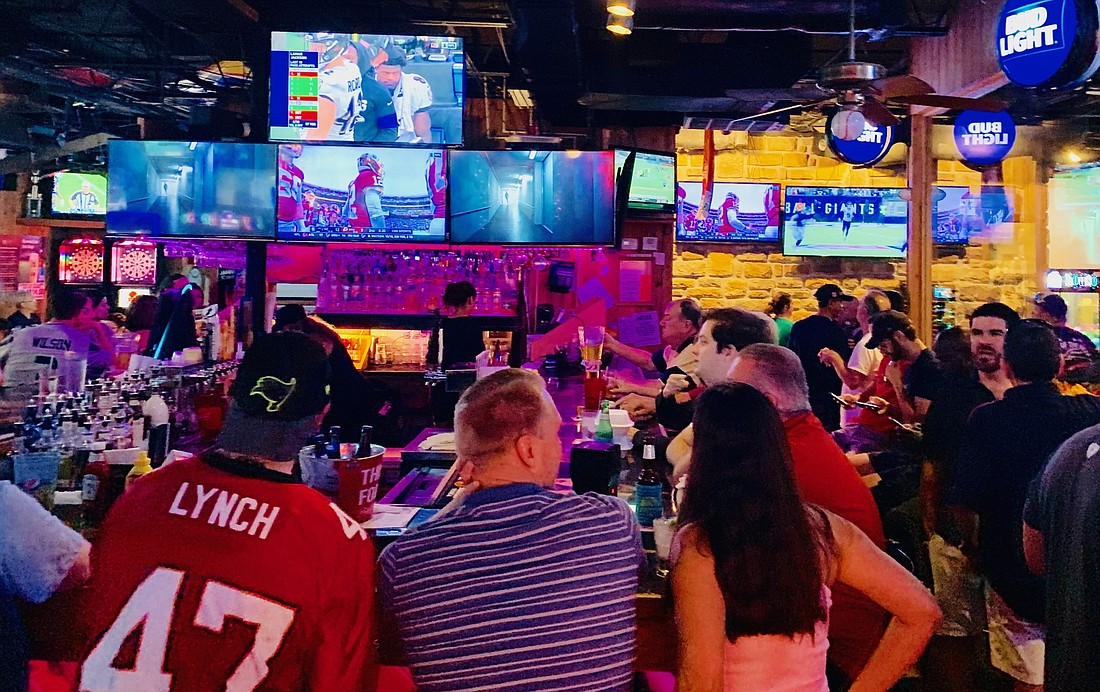- December 17, 2025
-
-
Loading

Loading

Prime Time Sports Grill, a neighborhood joint in Carrollwood, Northwest Hillsborough County, isn’t just a place for little league teams and office softball squads. It’s also open daily until 3 a.m., providing a hub for servers and cooks at other restaurants on Dale Mabry Highway to unwind after a long shift. “We’ve been a go-to spot for 20 years,” says Keith Goan, son-in-law of the owners, Doug and Denise Craine, and an occasional employee and family spokesman.